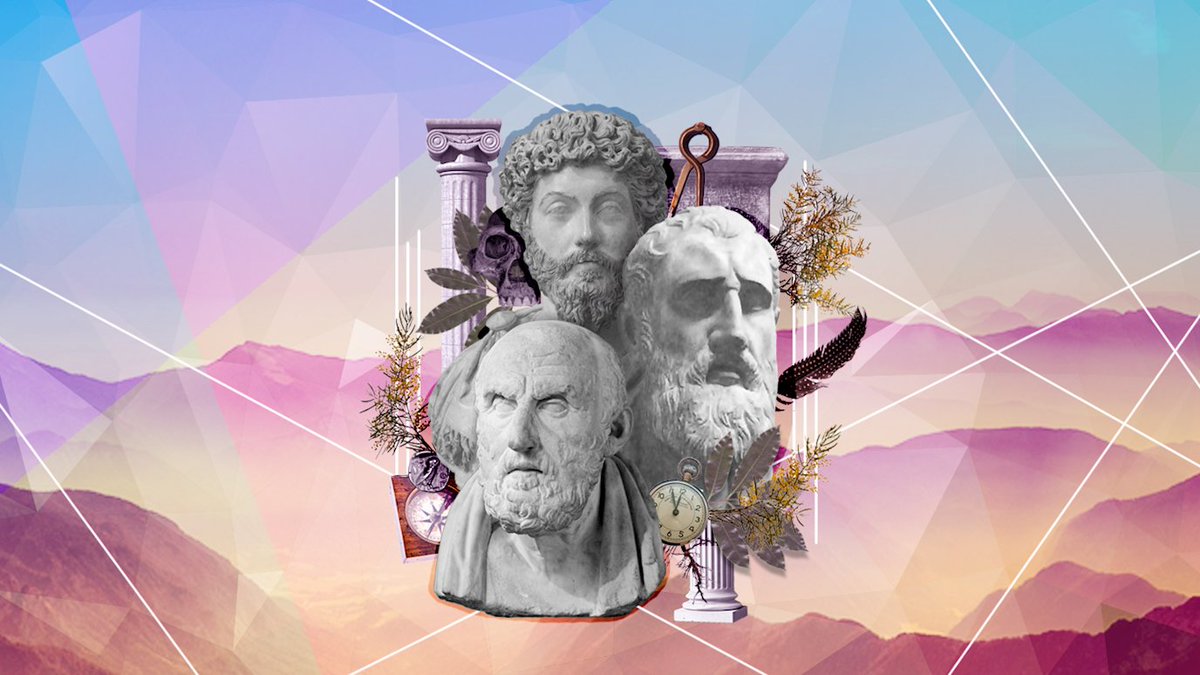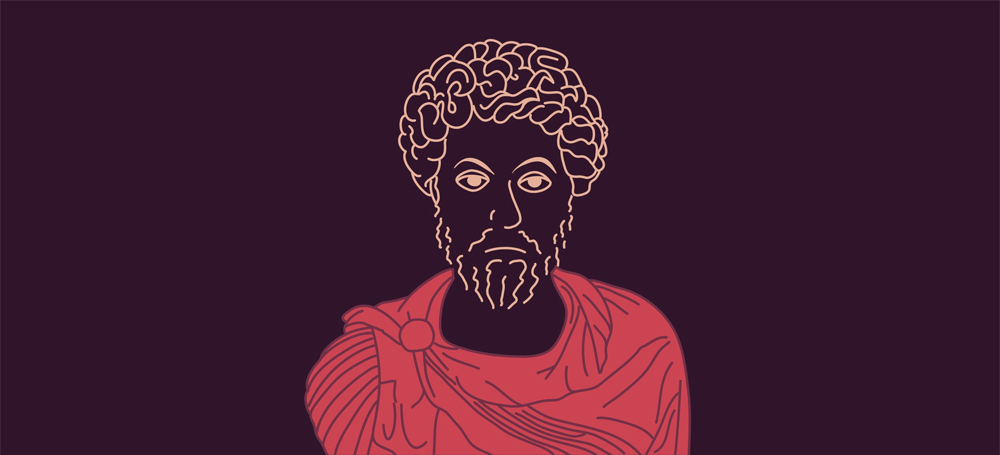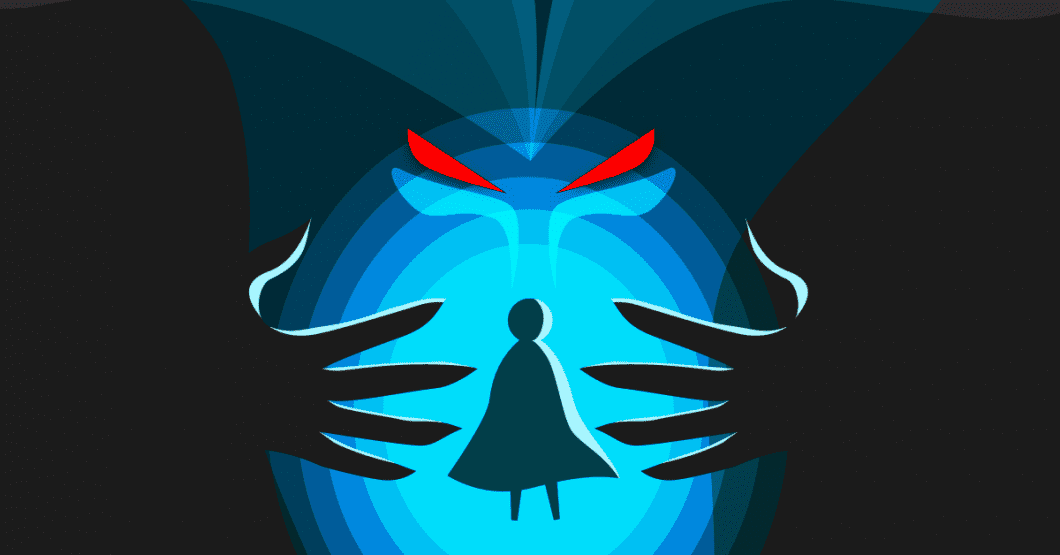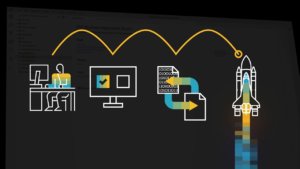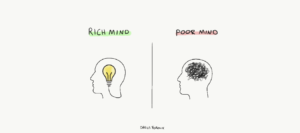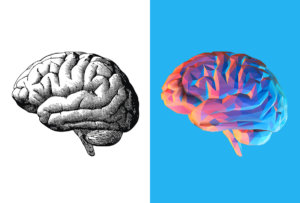“Real happiness is to be able to enjoy the moment without being tied to the anxiety of the future and the joy of hope. The greatest blessings of humanity are within us and right next to us. A wise person knows how to be content with what he has and does not become a prisoner of what he does not have.” —Seneca
Anxieties that secretly harm our lives and destroy our inner world; It is one of our biggest enemies in the intensity of modern life and especially in the order of city life.
As such, the biggest killer of our potential is anxiety and the destruction it brings. In many areas, we can deal with anxieties that affect our actions, judgment, and enthusiasm. We don’t have to hurt our potential and give in to the unhappiness that the anxiety brings.
Let’s focus first on the time-oriented sources of anxiety.
1) History: Anxiety can arise from our past experiences and thoughts about the past.
2) Today: How we view our present is decisive for concerns.
3) Future: Constantly thinking about the uncertainty of the future and constantly writing future scenarios will trigger your anxiety.
Let’s take an in-depth look at these three elements:
Past: On What We Can’t Control
“Haste moves won’t bring you peace. If you completely follow your emotions, your destination will always be problems.” —Seneca
You may be anxious right now because of what you did or didn’t do in the past. “Failures” in your past, a bad relationship, a moment of shame in public may be the source of your anxiety.
The reason your past still hurts you is that because you’re stuck there most of the time. Let’s not forget one of the main firsts of the Stoics: to distinguish between what is under our control and what is not under our control. Once you understand the difference, ask yourself the following question: Can you change an event that happened in the past? Of course, no.
So, we must be willing to accept our past and not let it affect our present. We can devote some energies to our thoughts, why should we do this by thinking about events beyond our control?
In addition, I should point out that everything that the past creates in the present is a perception. Thinking so much about an unrealistic perception will not do us any better.
Today: Not a Bridge
“Animals in the wild run away when they see a danger and after, they do not worry any more. But we torment ourselves between both the past and the future. Memories of the past come to us as a pang of conscience, and predictions about the future bring early fear. Do not be unhappy ahead of the time.” —Seneca
What Seneca is talking about is actually an incredible cognitive ability that sets us apart from other living things. Being able to think separately, to connect things that happened and things that could happen, and to be aware of our surroundings while still being nice can be harmful as well.
The human mind can also envision having complex interactions with other people -even if it is imaginary- at another place and at another time. Or, during a conversation it may try to predict how the other person will respond.
These skills are truly life-saving in social and planning, but they can also be the source of many of your problems if they work outside of their functions.
We have the ability to think discretely that works continuously. That’s why it’s very difficult for us to stay completely in the moment. We can train ourselves this way through intense efforts. Is there anything you don’t think about the future or the past while doing it?
This lack of awareness is often exacerbated when we are busy by worrying or nervous about the past or future.
If we try to bring our thoughts to the present, we open the door to awareness and make the most important move against anxiety.
Marcus Aurelius said that we need three things for a happy life. Then, they all involve living in the moment:
1) Objective judgment
2) Unselfish action
3) Request for acceptance
The Future: Hope and Fear are the Same
“Do what you have to do with all your might and accept whatever comes next.” —Epictetus
Just like the past, the future is made up of parts we cannot control. Frankly, we need to accept the uncertainty of the future rather than looking at the future with hope or feeling anxiety about the future.
According to the Stoics, there is almost no difference between fear and hope. Both are enemies of the present moment. The enemy of the present moment is also the enemy of our mind.
It is obvious that living by relying heavily on the future will increase your anxieties. However, although hope may seem like a motivation to keep going, it actually has a more cunning nature than many emotions. It shapes your expectations, sets limits on your mind and leaves you vulnerable in many ways.
“Amor fati” (love your destiny), a term that Friedrich Nietzsche often uses in his works, points us to what should be like at this point.
This saying, which underlines that things do not always go the way we want in life, and that we may encounter unexpected things from time to time, advises you to accept whatever happens to you and to realize yourself in the best way possible under these conditions:
“… meets victory and disaster. Treat these two impostors the same way.”
No matter how events seem to be the real sources of anxieties, in fact, our approaches and perspectives constitute these concerns. These approaches can be about time or about ourselves.
Two people who have gone through the same events may have different ways of coping with a bad experience or trauma. While some lose control completely, others remain logical and overcome these pains. This is where our perspectives and approaches come into play.
We must accept that we cannot change the past, that the present is not a bridge between the past and the future, and that a victory or defeat in the future should not confuse us.
The general framework and source of the article is given by Vincent Kennedy. In the Center Lies Virtue created the book.
